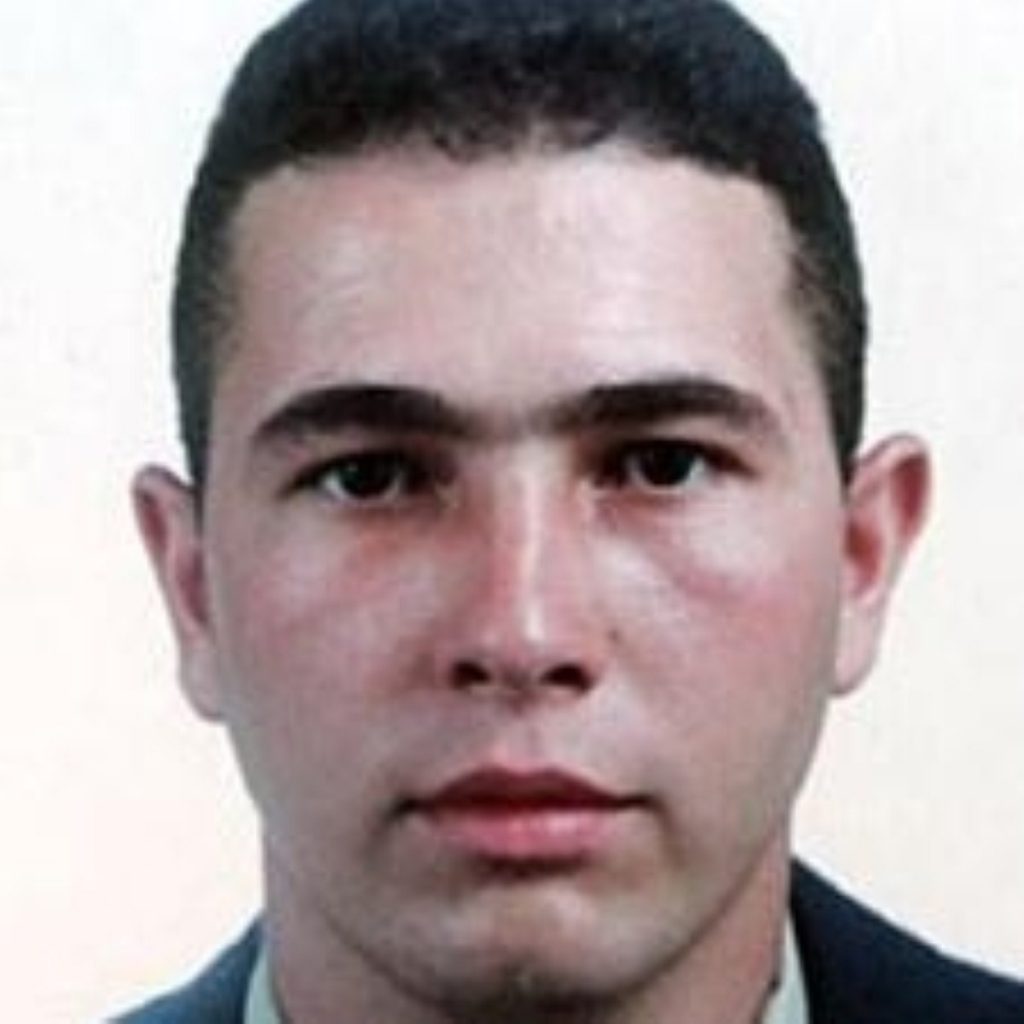No criminal charges for Menezes police
By politics.co.uk
No individual police officers will face criminal charges over the killing of Jean Charles de Menezes, despite an inquest exposing inconsistencies in witness testimonies, prosecutors have said.
A review of a 36-month-old crown prosecution service (CPS) decision not to pursue charges against individual officers had today reaffirmed the move.
Stephen O’Doherty, reviewing lawyer of the CPS special crime division, repeated the 2006 reasoning of “insufficient evidence” to bring charges against individuals.


“Following the inquest into the death of Jean Charles de Menezes and the subsequent open verdict returned by the jury, I conducted a further review of the case in light of the fresh evidence uncovered by the inquest,” he said.
“I have now concluded that there is insufficient evidence that any offence was committed by any individual officers in relation to the tragic death of Mr De Menezes.
Mr De Menezes was 27 when he was shot seven times in the head while waiting on a train at Stockwell London Underground station on July 22nd 2005.
One day earlier four would-be suicide bombers had failed to blow up home-made explosives on the tube, a fortnight after 52 people died in Britain’s worst-ever terrorist attack.
The Metropolitan police had mistaken Mr De Menezes for one of the failed bombers Osman Hussain.
At last year’s inquest the two officers who shot Mr De Menezes, referred to in court as just C2 and C12, said they shouted a warning at the Brazilian before shooting him, adding that he had been moving towards them.
But returning an open verdict, jurors – who had been instructed that they could not return a verdict of unlawful killing – rejected the officers’ claims.
On today’s decision, Mr O’Doherty explained: “In reaching this decision, I considered the whether the officers known as C2 and C12 acted in self defence in shooting Mr de Menezes and also whether they lied to the inquest about what was said and done immediately before the shooting.
“The answers the jury provided to specific questions they were asked by the coroner made it clear, albeit to a civil standard, that the jury did not accept the officers’ accounts of what happened. However, although there were some inconsistencies in what the officers said at the inquest, there were also inconsistencies in what passengers had said. I concluded that in the confusion of what occurred on the day, a jury could not be sure that any officer had deliberately given a false account of events.
“I also considered the actions of the individual officers in the police management team on that day and considered whether there was sufficient evidence to charge any of them with gross negligence manslaughter. There was no fresh evidence from the inquest which caused me to change my original decision that there was insufficient evidence to do so.
“I have today written to the de Menezes family explaining my decision.”
Prior to the inquest two Independent Police Complaints Commission’s reports strongly criticised the police operations on the day of Mr De Menezes’ killing and recommended no charges against individual officers.
The CPS subsequently agreed with the watchdog’s assessment but prosecuted the Metropolitan police under health and safety grounds.









